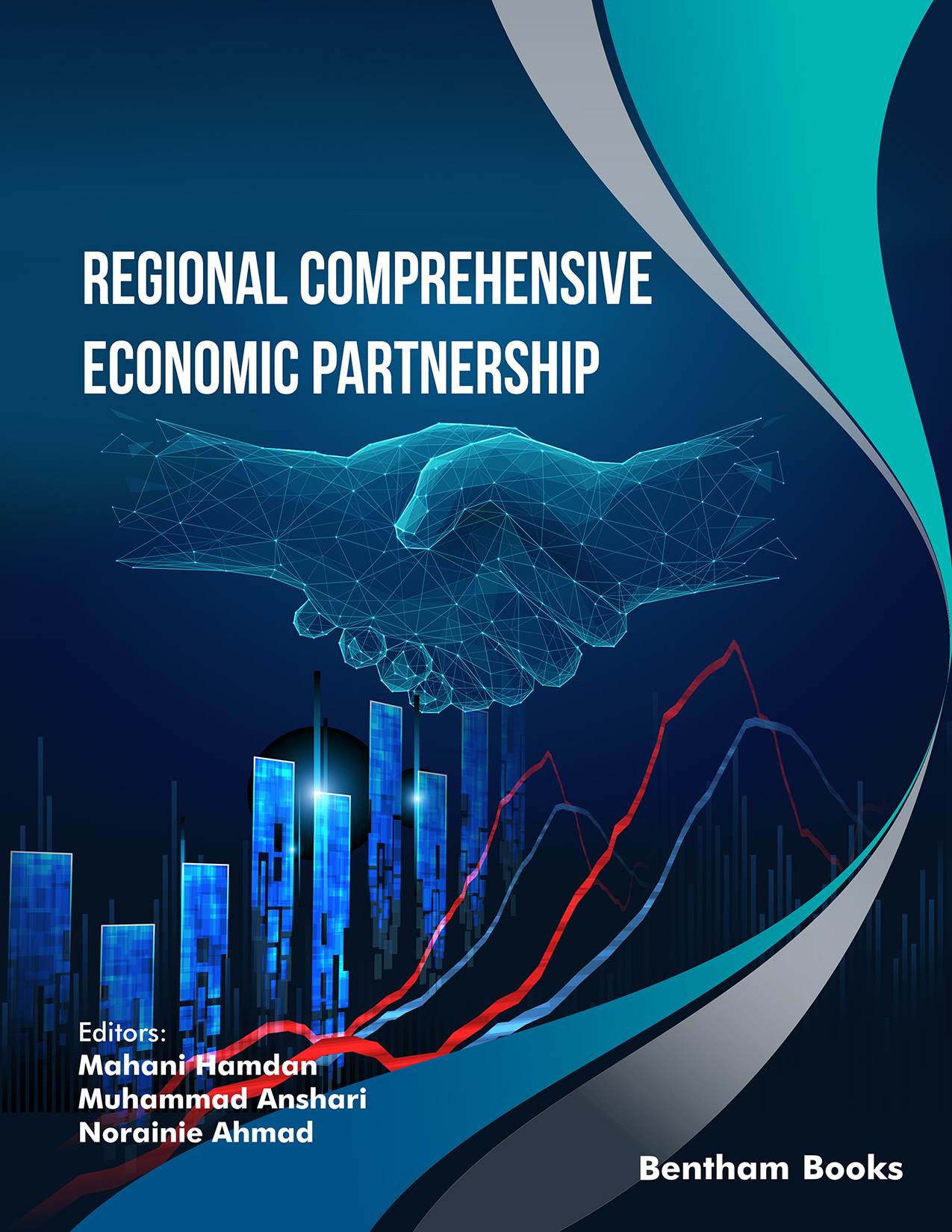An Overview of Regional Comprehensive Economic Partnership (RCEP)

- Authors: Mahani Hamdan1, Muhammad Anshari2, Norainie Ahmad3
-
View Affiliations Hide Affiliations1 Universiti Brunei Darussalam, Institute of Policy Studies, Brunei Darussalam 2 Universiti Brunei Darussalam, Institute of Policy Studies, Brunei Darussalam 3 Universiti Brunei Darussalam, Institute of Policy Studies, Brunei Darussalam
- Source: Regional Comprehensive Economic Partnership , pp 1-15
- Publication Date: January 2023
- Language: English
An Overview of Regional Comprehensive Economic Partnership (RCEP), Page 1 of 1
< Previous page | Next page > /docserver/preview/fulltext/9789815123227/chap1-1.gif
The Regional Comprehensive Economic Partnership (RCEP) is a recently established Free Trade Agreement between Asia-Pacific countries with the goal of increasing trade between participating countries. A total of twenty Chapters, seventeen Annexes, and fifty-four schedules of obligations are included in the agreement between its partners, with legal features correlating to the explorations of its interactions with member countries. RCEP established an integrated market with 15 member countries, which has facilitated the mobility of products and services among them. It aims to negotiate on trade in products and services, investment, intellectual property, dispute settlement, e-commerce, small and medium-sized firms, and economic cooperation. Currently, it is the world's largest free trade agreement in terms of economic impact, and it has the potential to promote trade and integration among member countries. The objectives of this chapter are to evaluate the opportunities and challenges RCEP faces. We focus primarily on secondary data gathered from scholarly journals and formal reports. RCEP has the potential to expand economic growth among the participating countries. However, one of the challenges that needs to be considered is that some countries may be in a less advantageous position, as the agreements made might affect their internal economic development. We argue that despite the numerous advantages of the Partnership, all members must be able to address the four major issues identified in this chapter if they were to benefit fully from the RCEP. nbsp;
-
From This Site
/content/books/9789815123227.chap1dcterms_subject,pub_keyword-contentType:Journal -contentType:Figure -contentType:Table -contentType:SupplementaryData105

